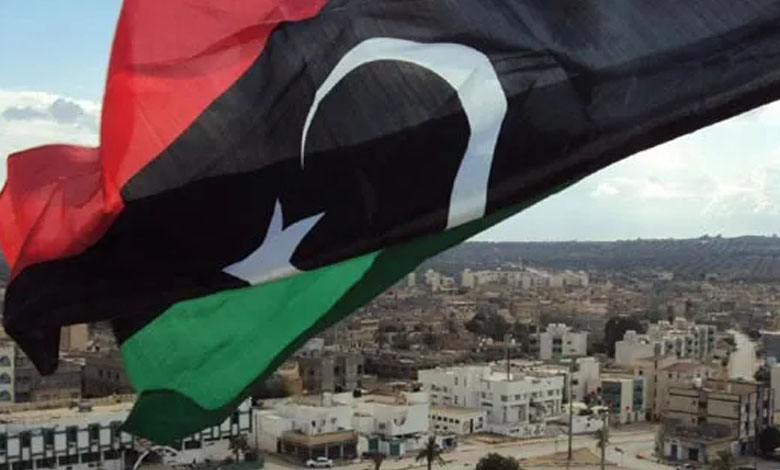A new wave of tension between eastern and western Libya threatens to undermine the political process

The renewed tension between eastern and western Libya poses a threat to the political process facilitated by the United Nations, which aims to ultimately lead the country to safety through legislative and presidential elections.
While attention is focused on the electoral process, authorities based in eastern Libya threatened on Saturday to impose a blockade on oil exports due to the Tripoli government’s alleged mismanagement of energy revenues, accusing it of squandering billions of dollars without delivering real services.
Libya has been in a political crisis since last year when the eastern parliament rejected the interim Government of National Unity in Tripoli and appointed a new administration that has been unable to assume control in the capital.
The administration appointed by the parliament stated, “If necessary, the Libyan government will raise the red flag and prevent the flow and export of oil and gas by resorting to the judiciary and issuing an order declaring overriding power,” identifying itself as the government.
The imposition of oil blockades in Libya has been a common occurrence since the 2011 uprising supported by NATO, which led to years of war and chaos, with local militias and major factions cutting off supplies as part of political tactics.
The last major blockade was lifted last year when the Tripoli government appointed a new head of the National Oil Corporation reported to be close to eastern military commander Khalifa Haftar.
Diplomatic efforts aimed at a permanent solution to the conflict in Libya have focused on moving towards national elections, a goal endorsed by all parties, but it has faced repeated setbacks due to disputes over election rules and temporary control over the government.
On June 17, Haftar expressed support for a move by the eastern parliament and another legislative body to appoint a new interim administration, in a clear challenge to the current government in Tripoli.
On Thursday, a court in eastern Libya ruled in favor of the administration in the east in a case against the National Oil Corporation, allowing it to gain control over the company’s accounts.
Previous bouts of conflict in Libya and political maneuvering have revolved around control over the country’s significant energy revenues, as it is a major source of state income and an OPEC member.
According to internationally recognized agreements, the National Oil Corporation is the sole legitimate producer and source of Libyan oil, and sales must be conducted through the Central Bank of Libya, whose fate is tied to that of the Corporation and is based in Tripoli.
Throughout the conflict in Libya, the Corporation has operated across the country regardless of frontlines, and the Central Bank has continued to pay salaries, including those of many fighters from both rival parties throughout the country.












